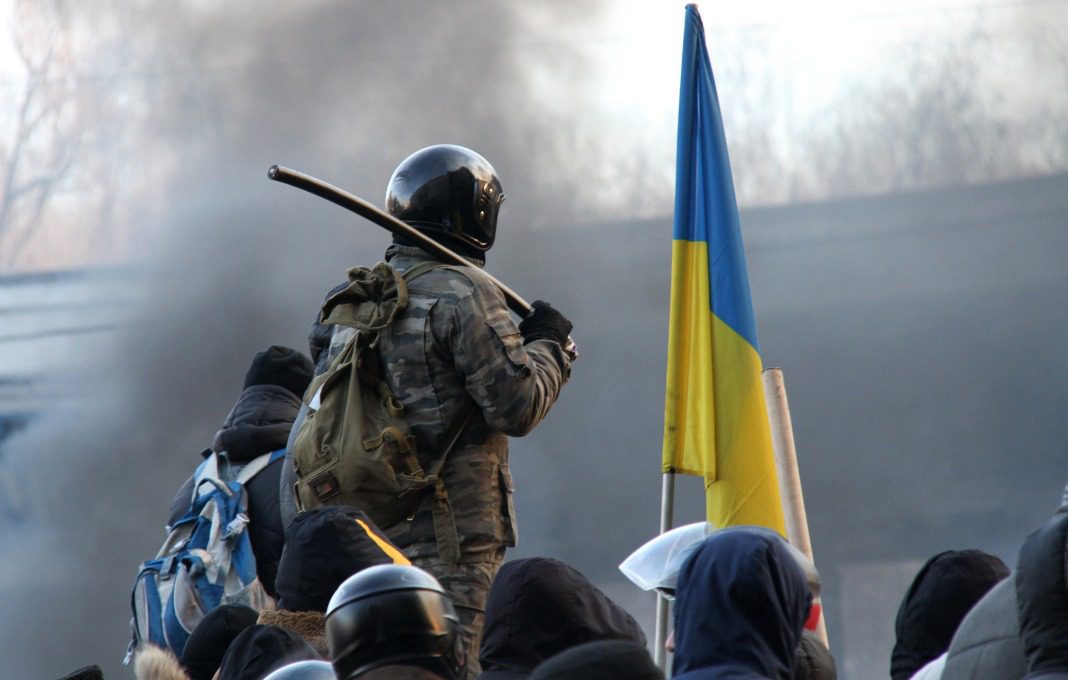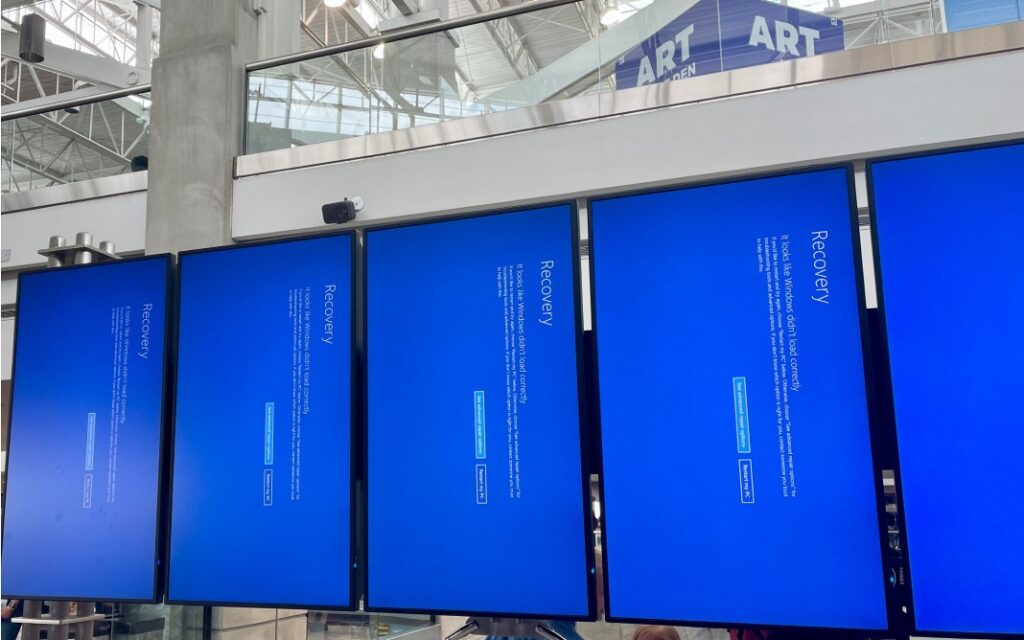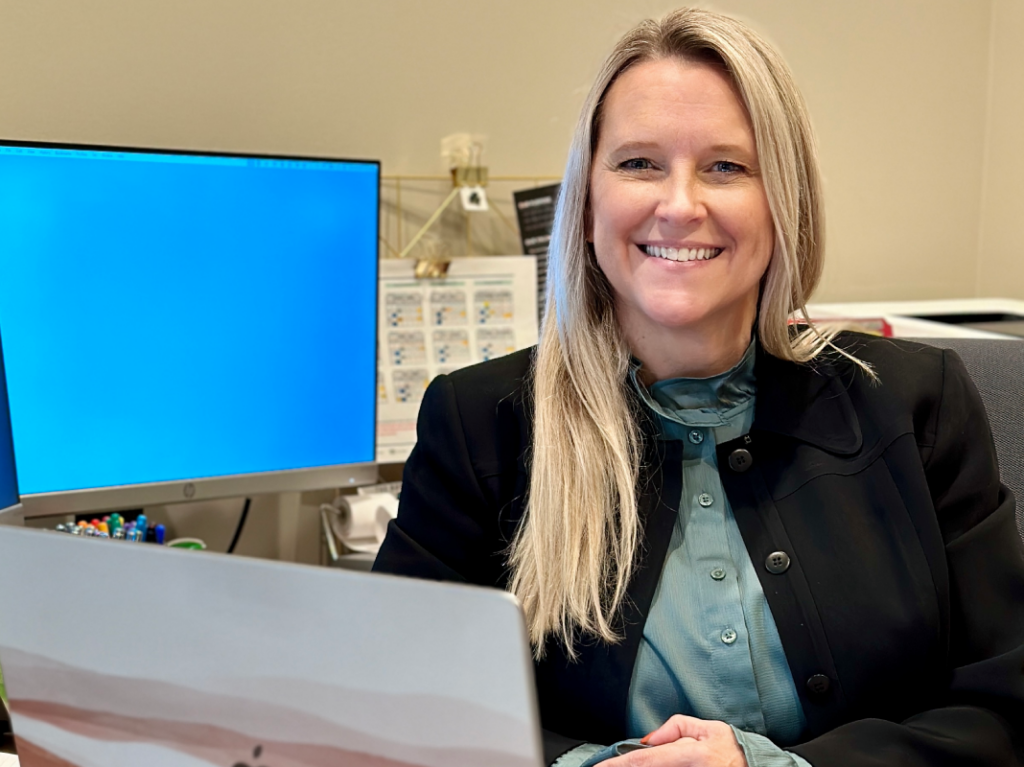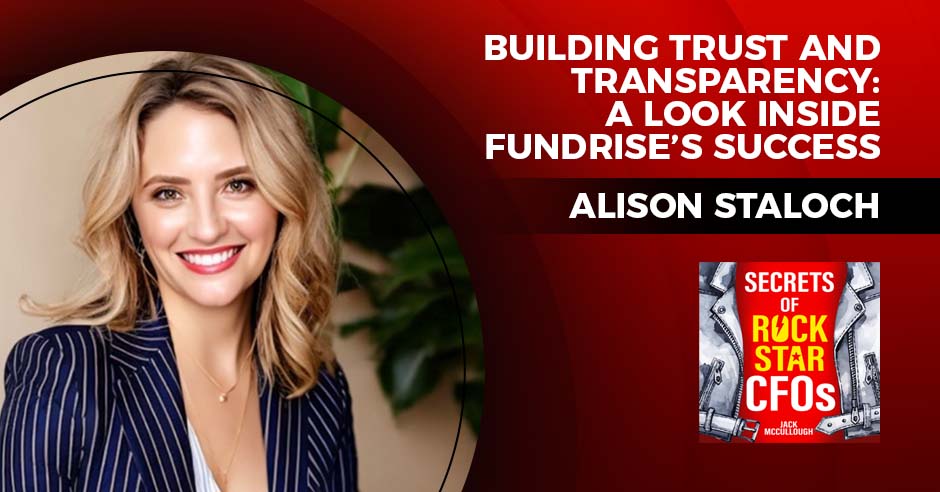If Ukraine ultimately defeats or stalemates Russia’s invasion, it will be because the nation’s leadership has successfully applied some lessons that are common to good leadership in most every situation—including corporate captainship.
Dan Rice has been a special advisor to General Valeriy Zaluzhny, commander in chief of Ukraine’s armed forces, and the former U.S. Army captain shared some of these lessons with the recent Chief Executive Group Strategic CFO Forum. Rice also is president of Thayer Leadership, a leader-development shop that operates on the grounds of West Point, and he has come to know the general, his team, and the methods of Zaluzhny and Ukraine President Volodymyr Zelensky like no one else in the world.
“The scale of the war is hard to get on TV,” Rice said. “It’s an enormous battlefield whose front lines stretch for 1,200 miles—the same distance as from New York City to Miami. It’s active every day. It’s a bigger war than we can fathom here.”
So is it a stretch to think there are learnable lessons for CFOs and other American business leaders from how Ukraine’s leaders have managed to hold off the Russians so far? Not according to Rice. Here are some that he shared:
Leadership culture can be crucial. Russia has struggled to succeed in part because it has maintained its traditional top-down military culture “where the leaders know everything, followers do what they are told, and you don’t want them to think for themselves,” Rice said.
By contrast, Zaluzhny learned from the two countries’ clash over Crimea in 2014 that he needed to overhaul the Ukraine military’s culture, commencing what Rice called “the greatest leader-development story ever heard.” The military trained 26,000 leaders, pushing authority, decision-making and responsibility for execution down into the ranks “so that all sergeants and lieutenants would know what to do when the [next] invasion came.”
Zaluzhny also has adopted a “servant-leader” model that has proven much more effective than the Russian model, Rice said. “He’s modeling behavior.”
Keep goals aligned. Front-line troops need to know what the mission is, and in Ukraine, they do, Rice said. “So create a learning organization that can adjust on the fly,” he said. “Rapidly learn what works and what doesn’t and who needs to know. Make the institution a rapidly learning institution. That helps you survive.”
For example, “If you give someone a mission, tell them what and why and ask them to figure out how. You won’t know what you said until you hear back from them in a confirmation brief. And very often you can find misalignment right away that you can shift.”
Count on communications. By now everyone in the world knows that Zelensky is a former performing comic, and that background has helped him immensely with one of his primary advantages in Ukraine and on the world stage: effective communications.
“When the West asked him and he said, ‘I don’t need a ride, I need ammunition,’ that said everything about him staying there and being willing to fight,” Rice said. “And he did. And that changed the world.”
The “three things that can help lead in uncertain times are humor, humility and empathy. People need to know you care about them, and [Zelensky] does.”
Partner up. “The biggest thing Ukraine did is what any small company can do: partner with a larger ‘company,’ in this case the West,” Rice said. “We provide the 50 percent that is the most lethal weapons. A lot of things had to had to happen to keep that partnership together [but] it wouldn’t happen without trust.”
Flip your brand. The evident corruption in the Ukraine government over the last several years—which became a political issue even in the United States—has been a problem in building and maintaining the support of many Americans for the war.
“That certainly hurts their brand,” Rice said. “It was one of the most corrupt governments. But now 38 million [Ukrainians] are being assaulted. It is a democracy. Their hope is to win their freedom and then, with the political capital Zelensky has gained, to make gains with the corruption in government. They really are very interested in being a Western country and part of NATO.”
Reckon with VUCA. Rice said that the U.S. military adjusted to view the world as VUCA—volatile, uncertain, complex and ambiguous—after the demise of the USSR in the 1990s. “They needed to train officers to operate in this new environment,” Rice said, “leaders who can be versatile and agile.”
The pandemic and then the Ukraine war have created “VUCA on steroids,” he said. “We have gone through such rapid change in such a quick period of time that it’s been proven the only way to survive is to have better leaders. You can teach people to manage spreadsheets, but if you create an entire organization of leaders, and a learners’ organization, you have a much better chance of thriving. Teach this at the C-Suite level and all the way down to frontline leaders.”








